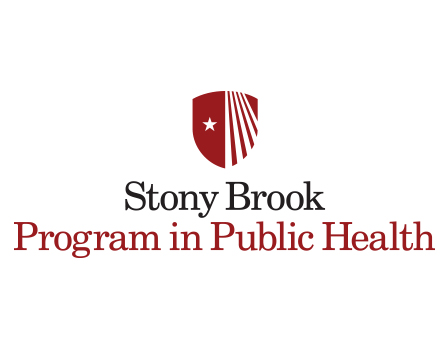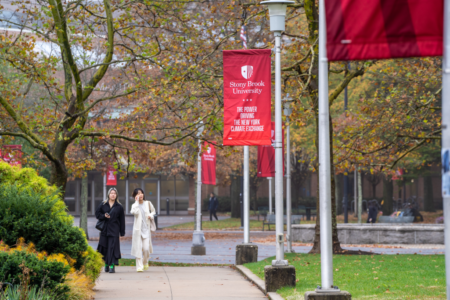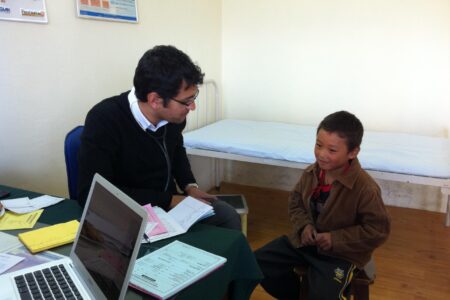Stony Brook University is the #1 public university in New York and among the top 35 public universities in the nation, according to the US News & World Report. Since 1957, it has grown from a college for the preparation of secondary school teachers of mathematics and science into one of America’s most important centres of learning and scholarship. It’s realising the mandate given by the State Board of Regents in 1960 to become a university that would “stand with the finest in the country.”
Where better to train to become the next generation of leaders in what’s arguably the most consequential profession in the world today?
Year after year, Master of Health Administration (MHA) and Master’s in Public Health (MPH) students here evolve into leaders with the knowledge, skills and experience to build healthy communities across the globe. The MHA program is accredited by the Commission on Accreditation of Healthcare Management Education (CAHME) and the MPH program is accredited by the Council on Education for Public Health (CEPH).
MHA graduates have gone on to become directors in an emergency department, financial services investigators for patient access, and care coordinators. MPH alumni have taken on roles like clinical outcomes analysts at the Stony Brook University Medical Centre and research scientists in the sanitation department. They are promoting the health of populations at the regional, national, and global levels – made possible, in large part, by the effective design of their Stony Brook programmes.
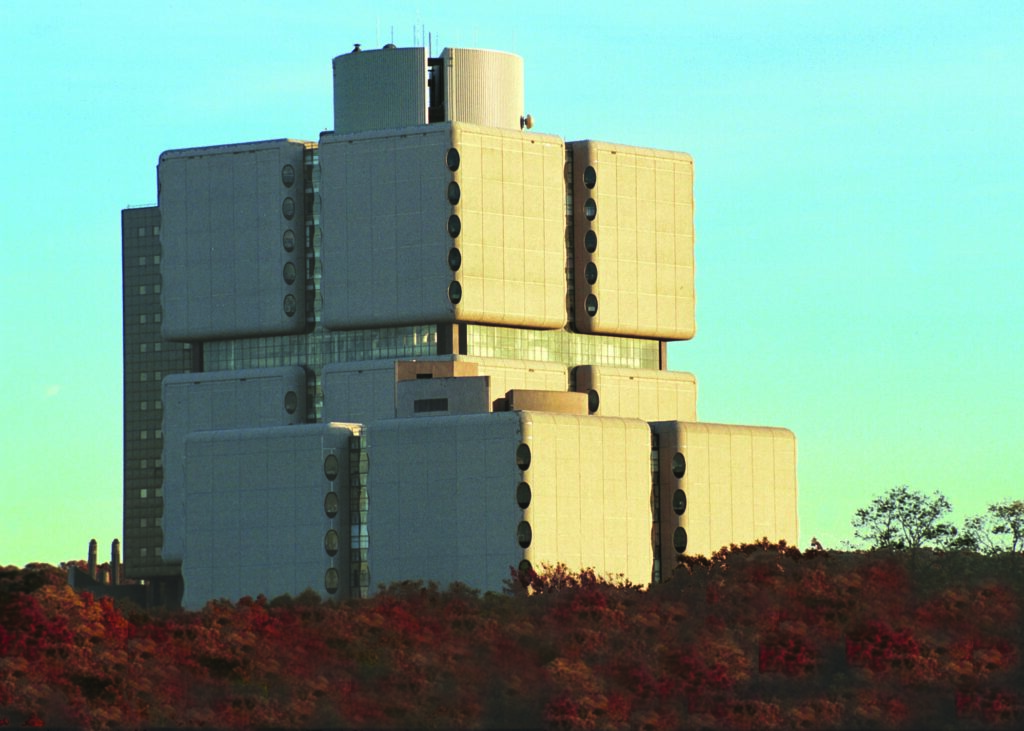
In collaboration with the schools in the Health Sciences Centre (HSC), Stony Brook offers dual degrees that combine public health with medicine, social work, and business administration. Source: Stony Brook University
A catapult to better careers and greater impact
Amanda Ng began her Stony Brook journey majoring in psychology as an undergrad before pursuing the MPH programme (Health Analytics concentration, which is now the Epidemiology and Biostatics concentration). As an MPH student, two courses — Advanced Research Methods and Advanced Biostatistics — would shape her future in this field.
“These courses allowed me to apply what I had learned through the MPH to public health research I was interested in, and also helped me get familiar with different codes in Statistical Analysis System (SAS),” says Ng. “This project also helped me confirm that I wanted to pursue research as a career.”
Ranked #68 among public health schools in the country according to the US News & World Report, the school offers an MPH that requires students to select one concentration in the specialised area of their choosing: Climate Solutions and Health, Community Health, Epidemiology & Biostatistics, Health Policy and Management, and Generalist.
If you seek a wider lens to the very multi-faceted field of public health, you can pursue a graduate dual degree. That could look like the MPH programme paired with a Medical Doctorate, a Master of Social Work, or in Master of Business Administration, often in collaboration with the schools in (HSC) and other schools and colleges at Stony Brook University.
Whichever you choose, you’ll get to work with faculty members and research scientists who are subject matter experts. Many are passionate about community engagement – they’re running projects with a non-profit agency called The Retreat, Inc. which provides full support to domestic violence victims, providing public health knowledge to professionals treating underserved communities bred with HIV/AIDs, and so much more.
“Talk to faculty and other students about everything that interests you, and take every opportunity, even if it does not seem like something that you will use in your career,” Ng says. “The faculty gives honest and helpful advice and were my most important resources while at Stony Brook.”
While here, Ng was a research assistant in a clinical psychology lab, a graduate assistant at the Alan Alda Center for Communicating Science, and a teaching assistant.
These stints set her up for her next chapter: a PhD in Epidemiology at the University of Maryland, and internships with the National Institutes of Health (NIH). Today, Ng is a health statistician at the National Center for Health Statistics (CDC) where she’s pursuing exactly what she intended — research.
“As part of my job, I assess data quality and conduct research on the National Health Survey,” says Ng. “I was a good candidate for these internships and my eventual position at CDC because of the training in statistical programming and data analysis I received at SBU.”
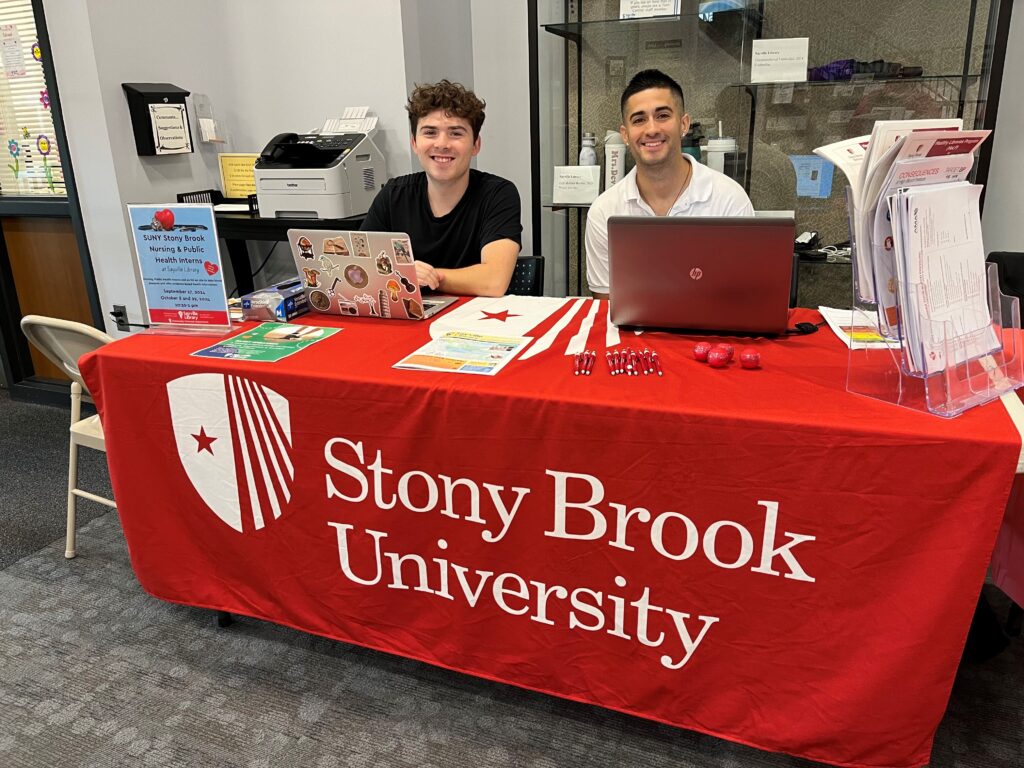
No matter where you are, the MHA programme Stony Brook delivers top-quality education to help you advance a career in healthcare administration. Source: Stony Brook University
Giving yourself a leg (and a mind) up
When Christopher Caravella’s career as a licensed nuclear medicine technologist reached new heights, his role became more administrative. “My job responsibilities were becoming less patient facing and focused more on operations and finance,” says Caravella. “When I realised I was being considered a subject matter expert in my field, I saw the opportunity to bridge the gap between our clinicians and administrators.”
So, when his wife – whom he met and who now works at Stony Brook – told him about the MHA programme in 2018, Caravella was all in.
Stony Brook runs the only fully-online MHA programme in the SUNY system that’s accredited by CAHME. They’ve adapted the National Center for Healthcare Leadership’s Competency Model, where you’ll be learning and assessed through a variety of methods, with a focus on four domains. The curriculum delivers the foundations of general management, and pulls that into the context of healthcare administration and population health.
But what makes this programme truly accessible is that it’s fully online. It’s run by both full-time faculty with terminal degrees, and instructional faculty members who are active practitioners. If you have commitments that keep you far from campus, this programme will allow you to balance work, study, and life.
“As a father of two children with a demanding career, I appreciated the interactive distance learning model,” says Caravella. “It allowed me to participate in my academic coursework and also put my children to bed each night.”
After graduating in May last year, Caravella felt more confident as a leader. The scope of his responsibilities has continued to grow, and so has his confidence in making organisational decisions.
To ensure all students achieve what Caravella did, the programme connects with students and alumni to help them shape the MHA programme to reflect what the industry needs. They, alongside healthcare executives and managers from the Long Island New York Metropolitan Area, identify any gaps in the MHA curriculum by reviewing critical issues in the present industry.
“My integrative experience allowed me to showcase my skills and capabilities to service line leadership in the areas of procurement, supply chain, and finance,” says Caravella. “This year, in contributions to the imaging service line, I was fortunate enough to be promoted from Manager to Senior Manager for the Divisions of (PET) and Nuclear Medicine.”
To advance your career in public health or health administration, apply to the Master of Health Administration, or Master’s in Public Health programmes at Stony Brook University today.
Check out Stony Brook’s Instagram, X, Facebook, and YouTube.






